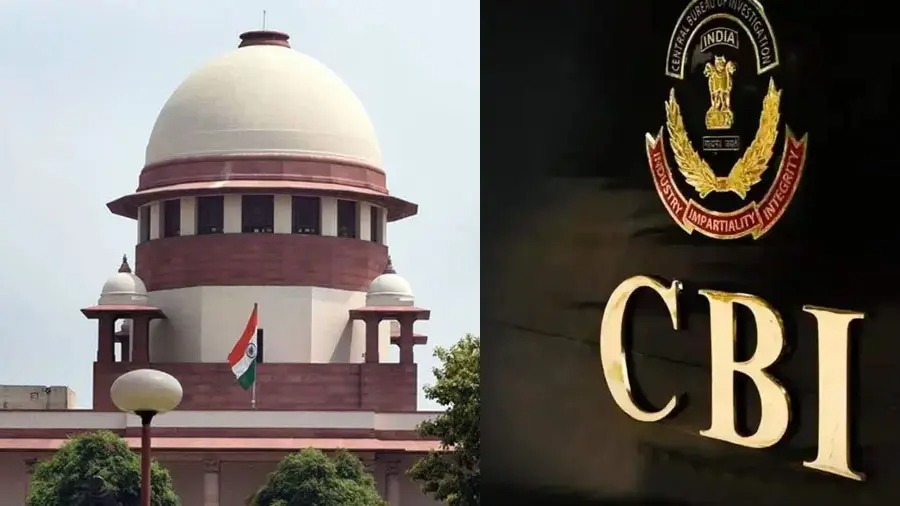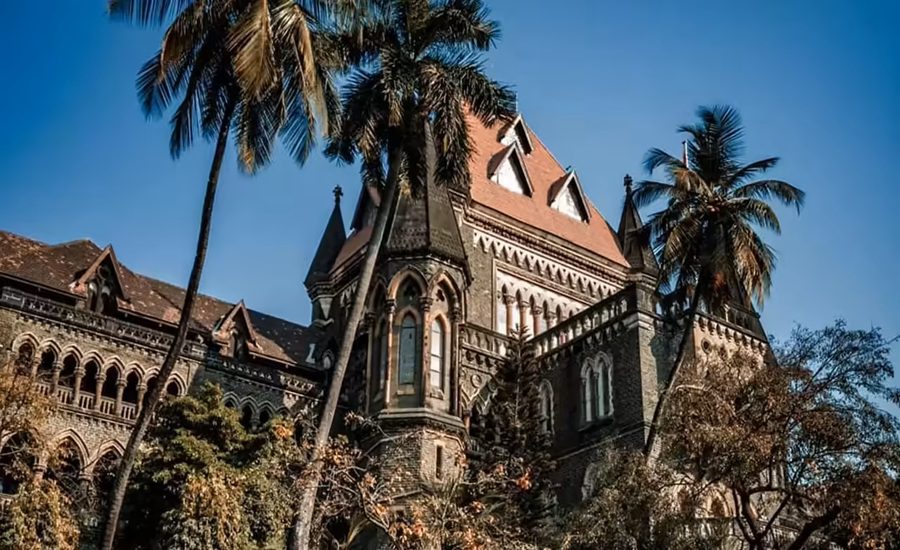Augustine George Masih, J.@mdashThis petition has been preferred by the State challenging the award dated 31st October, 1988 passed by the Presiding Officer, Labour Court, Ambala City,--vide which Respondent No. 1--workman has been held entitled to reinstatement in service with continuity and back wages.
2. It is the contention of the counsel for the Petitioner that as per Article 311 (2)(a) of the Constitution of India, a person can be dismissed, removed or reduced in rank on the ground of conduct which has led to his conviction on a criminal charge without holding of departmental enquiry. He submits that the Respondent-workman was appointed as a Driver on 11th November, 1981. He continued in service till 31st July, 1985 when his services were terminated exercising the powers under Article 311(2)(a) of the Constitution of India on the ground that the Respondent-workman was convicted under Sections 304/ 337 IPC by the Sessions Judge, Bhiwani and he has been awarded the punishment of one year imprisonment and fine of Rs. 1,500. It has further been submitted that the workman was admitted to District Jail, Bhiwani on 13th November, 1984 and on the date when the order of termination i.e. 31st July, 1985 was passed, the workman was still in jail. He, on this basis, submits that the termination of the workman was in accordance with law and, therefore, the award dated 31st October, 1988 cannot be sustained. While taking me to the award, counsel for the Petitioner has brought it to my notice that the Labour Court has been impressed by only one circumstance i.e. the act of the workman, which has led to the registration of the FIR dated 14th November, 1978, was an offence, which had been committed by him prior to his joining the service. On that ground the order of termination of the workman has been held to be not in accordance with law. Another ground, which has been taken by the Labour Court for holding the termination order as illegal, is that no enquiry was held before the order of termination was passed.
3. I am afraid the learned Labour Court has proceeded on a totally erroneous proposition and has overlooked the provisions of the Constitution, which govern the case of an employee, who is in Government service. There are certain privileges attached with the appointment on civil post under the Union or a State and as per Article 311 of the Constitution of India, no person, who is the member of civil service, as in the present case, of a State, shall be dismissed or removed by an authority subordinate to that by which he is appointed. He further contends that no such persons shall be dismissed or removed or reduced in rank except after an enquiry in which he is informed of the charges against him and given a reasonable opportunity of being heard in respect of those charges. However, there is a proviso to this clause, which states that where a person is dismissed or removed or reduced in rank on the ground of conduct which has led to his conviction on a criminal charge, the said clause would not apply as has been referred above. In the present case, it is an admitted positon that the workman was convicted for an offence under Sections 304/337 IPC by the Sessions Judge, Bhiwani when he was in service with the Petitioner. In the light of the Constitutional provision, as referred to above, provides that in case of conviction for a criminal offence, which involves moral turpitude, holding of an enquiry was not mandatory. Conviction for an offence u/s 304 involves moral turpitude, as per the instructions issued by the Government of Haryana dated 17/26th March, 1975, therefore, the termination of workman was in accordance with law.
4. In any case, counsel for the Petitioner has submitted that as per Rule 7 of the Haryana Civil Services (Punishment and Appeal) Rules, 1987, which is applicable to the Respondent-workman, the enquiry was not required to be held against an employee in case of his conviction on a criminal charge. Rule 7(1)(2) is reproduced hereinbelow:
Inquiry before imposition of certain penalties.--(1) Without prejudice to the provisions of the Public Servants (Inquiries) Act, 1850; no order of imposing a major penalty shall be passed against a person to whom these rules are applicable unless he has been given a reasonable opportunity of showing cause against the action proposed to be taken in regard to him.
(2) The grounds on which it is proposed to take such action shall be reduced to the form of definite charge or charges which shall be communicated in writing to the person charged together with a statement of allegations on which each charge is based and of any other circumstances which it is proposed to take up into consideration in passing orders on the case and he shall be required within a reasonable time to state in writing whether he admits the truth of all or any of the charges, what explanation for defence, if any, he has to offer and whether he desires to be heard in person. If the punishing authority is not satisfied with the explanation given by the person charged or there are other reasons to do so shall direct that an enquiry shall be held at which all evidence shall be heard as to such of the charges as are not admitted. The person charged shall, subject to the conditions described in Sub-rule (3), be entitled to cross examine the witnesses, to give evidence in person and to have such witnesses called, as he may wish, provided that the officer conducting the enquiry may for reasons to be recorded in writing, refuse to call any witness. The proceedings shall contain a sufficient record of the evidence and statement of the findings and the grounds thereof provided that:
(a) it shall not be necessary to frame any additional charge when it is proposed to take action in respect of any statement of allegation made by the person charged in the course of his defence; and (b) the provisions of the foregoing sub-rule shall not apply where any major penalty is proposed to be imposed upon a person on the ground of conduct which has led to his conviction on a criminal charge; or where an authority empowered to dismiss or remove him. or reduce him in rank is satisfied that, for some reasons to be recorded by him in writing, it is not reasonably practicable to give him an opportunity of showing cause against the action proposed to be taken against him, or where in the interest of the security of the State it is considered not expedient to give to that person such an opportunity.
5. In the light of the above specific Rule 7(2) (b), which govern the service of the employee, the award again deserves to be set aside as the termination was as per the Statutory Rules on the conviction of the workman on a criminal charge.
6. In the light of the above, the writ petition is allowed. The award dated 31st October, 1988 (Annexure P-3) cannot be sustained and is hereby quashed.

